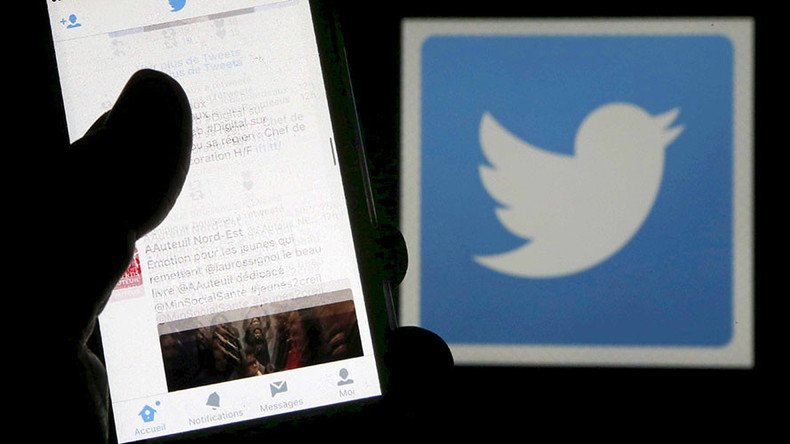Israel censors tweets written in other countries, blogger claims

The Israeli government is reportedly taking steps to block its citizens from reading information published in other countries. A US blogger says he was contacted by Twitter after the Israeli government complained that his tweet violated Israeli law.
On August 3, US blogger Richard Silverstein announced on his website that he had received an email from Twitter which informed him that the social media site had been contacted by the Israeli State Attorney’s Office (AG) regarding a tweet he had published on May 18.
“The correspondence claims that the following Tweet is in violation of Israeli law,” the message stated, adding that Silverstein should “let us know by replying to this email as soon as possible if you decide to voluntarily remove the content identified on your account.”
The tweet in question refers to Israeli Judge Shamai Becker, who was, according to Silverstein, accused of either raping his own daughter or fondling her breasts. Due to an Israeli gag order preventing the judge's identification, Silverstein decided to publish his name from US soil.
“Judge Shamai Becker is suspected of sexually molesting his daughter. A gag order prevents his identification,” the tweet reads.
השופט שמאי בקר חשוד בביצוע עבירות מין בבתו. צא"פ הוטל על זהותו
— Tikun Olam (@richards1052) May 18, 2016
https://t.co/nj8UuAInSc
Silverstein also published an article on the case in both English and Hebrew.
“I felt Israelis had a right to know that a senior judge had been accused of serious crimes and that they were forbidden from knowing about it,” Silverstein wrote on his site.
After refusing to remove the tweet, Silverstein received a follow-up email from Twitter, informing him that it was blocking Israeli users from viewing the tweet. It is, however, still available from US and other non-Israeli IP addresses.
“In accordance with applicable law and our policies, Twitter is now withholding the following Tweet(s) in Israel,” the social media site wrote in the message.
Silverstein has argued that Israel's attempt to censor tweets published outside of the country is invalid.
“There might be some validity to this claim if I was an Israeli citizen and tweeted this message within Israel, where Israeli law holds sway,” he said.
Silverstein, who has previously broken stories which Israeli journalists have been unable to cover due to gag orders, noted that there are at least three Israeli blogs which cover the Becker story, identifying the judge by name. The same information on those sites has yet to be removed.
The blogger wrote that “this does raise the question of why the blog posts remain accessible if they too supposedly violate Israeli law. There appears to be a double standard at work here.”
He went on to stress that his tweet did not violate laws in the US, where he resides and where Twitter is based.
Meanwhile, Twitter has not yet made a decision on the matter, and has offered Silverstein “the opportunity to explain and contest the AG's characterization of my content. That's to their credit,” the blogger wrote.
Silverstein has decided to seek legal advice on the situation, stating that such counsel “will write a strong letter to Twitter's legal department on my behalf.”














